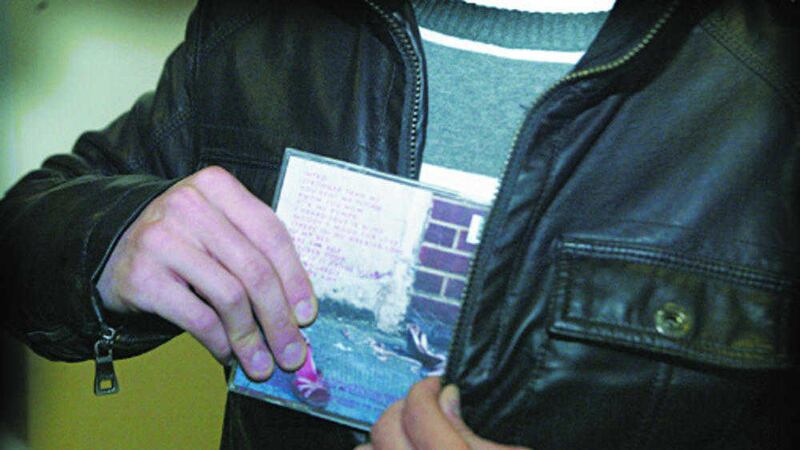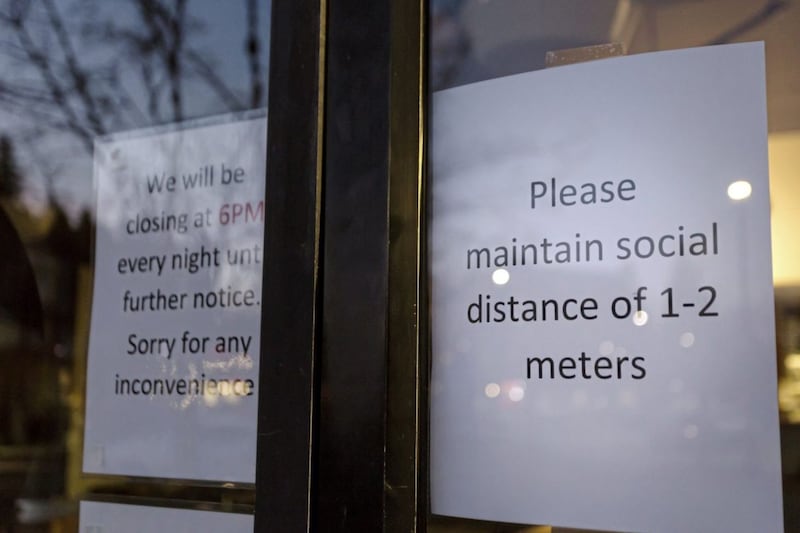BEING a victim of crime is one of life’s most stressful experiences and, sadly, over the course of a lifetime, it’s something which most of us will encounter.
Crime affects us all differently, but no matter who we are its impact is - at the very least - unsettling and potentially highly traumatic. For businesses it can absorb a significant amount of precious management time, disrupt staff and - if not properly insured against – present an avoidable financial burden.
Is crime really something that’s going to affect my business? Are there steps that I can take to protect employees and property? What might happen if I can’t trade because a vital piece of equipment is stolen or premises are criminally damaged? These are just some of the questions every business owner needs to consider regularly.
When thinking through these issues a good place to start is the PSNI’s 2016 annual crime statistics which were published earlier this month. Overall there was a small increase (up by 1.8 per cent) with a total of just over 105,000 crimes recorded, or to put it another way, 57 crimes per 1,000 people.
Although the crime rate has been on the rise for the past three years, the good news is that the long-term trend for crime has been downward, falling form a peak of 138,000 recorded crimes in 2002 /03.
From experience, however, statistics are of small comfort to any business owner who has been the victim of crime and has had to make a subsequent insurance claim.
The first step is to be aware of what the potential risks are. This will, of course, vary depending on which sector your business operates in and where it is based (Belfast accounts for a third of all reported crime for instance), but the PSNI statistics provide a good overview of what the main issues are. Fraud statistics are publicised separately by Action Fraud which reported around 2,200 offences in 2016.
Headline figures from the latest PSNI figures include a rise in shoplifting, up 4.3 per cent to a total of 6,773 recorded offences. Criminal damage (which isn’t specific to businesses) also rose by 3.5 per cent to 20,516, but this was from a historic low and represented the first increase in ten years.
Granted, not every business reports every crime and there will always be under-reporting in the figures, but a fall of those proportions suggests a brighter picture for the business community. The other comforting factor is that the “outcome rate” for business robbery, ie, where an offender receives a formal sanction or an offender is identified but no further action is taken, rose to its highest level ever (35 per cent).
While it’s not possible to undo the emotional damage caused by crime, steps can be taken to mitigate the financial implications through proper insurance. Crime cover, which is typically sold as a comprehensive policy, protects against loss of money and securities by way of external and internal theft, fraud, forgery, dishonesty, disappearance or destruction. There is also a separate option, Computer and Funds Transfer Fraud Cover, which protects against losses caused by computer fraud.
At Autoline we work with our clients to consider what practical measures can be taken to prevent crime and to discuss their specific insurance requirements. Crime is an insidious part of business life, but with the right approach and the right cover, its disruptive impact can be minimised.
Michael Blaney is Managing Director of Autoline Insurance Group (www.autoline.co.uk)








